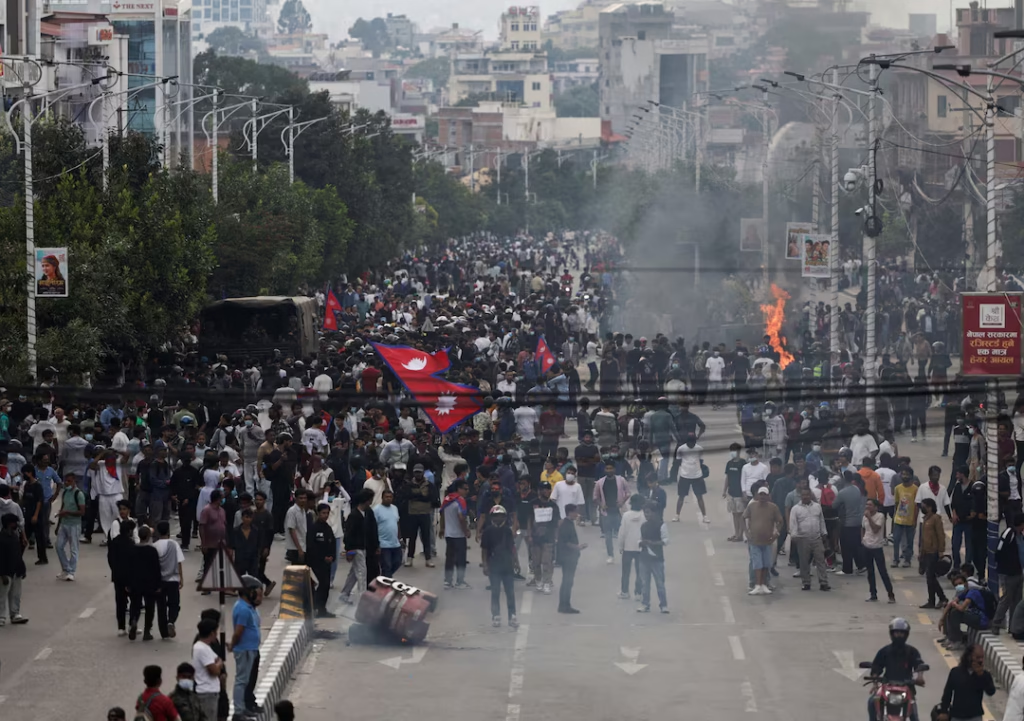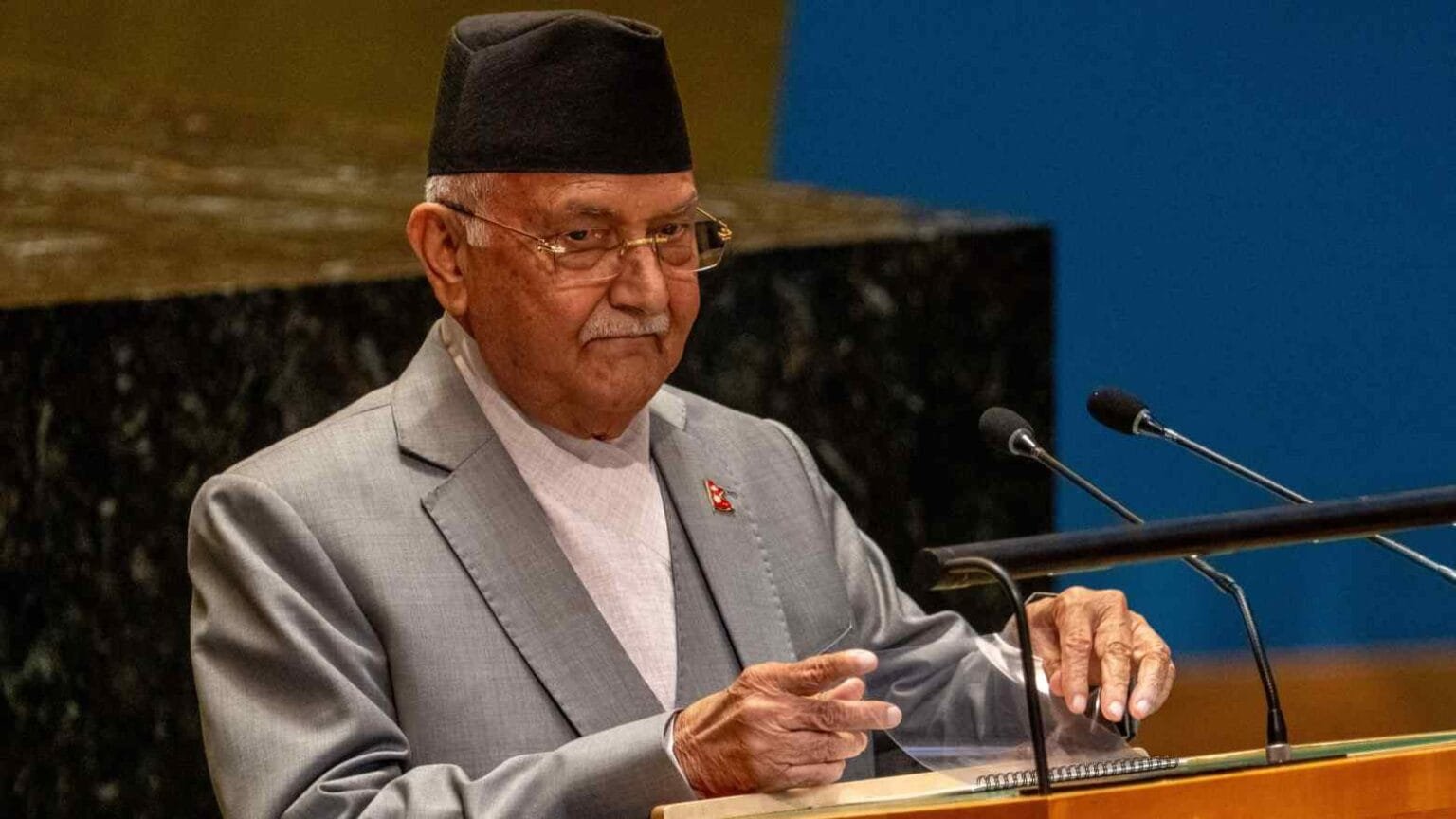Nepal’s Prime Minister Khadga Prasad (K.P.) Sharma Oli resigned abruptly on September 9, amid a wave of brutal mass protests sparked by a controversial deregulatory move and simmering accusations of corruption. The immediate trigger was a government-imposed ban on 26 social media platforms—including Facebook, YouTube, Instagram, X, and Reddit—meant to enforce registration under new oversight laws. The move was widely denounced as censorship, particularly by Gen Z demonstrators, who viewed it as an assault on freedom of expression and civic participation.

The unrest quickly escalated into one of Nepal’s deadliest confrontations in decades: police fired on demonstrators, resulting in at least 19 deaths and hundreds of injuries. Protesters retaliated by setting fire to several high-profile figures’ homes, including those of the President, Home Minister Ramesh Lekhak, outgoing Agriculture and Health Ministers, and other ruling figures . Amid the chaos, Home Minister Ramesh Lekhak resigned, signaling a fracturing executive response.
Under mounting pressure, the government swiftly lifted the social media ban, citing compliance with youth demands and cracking down on civil unrest. Despite the rollback, the protests surged on, demanding not just policy reversal but accountability and an end to systemic corruption.
Facing a crisis of legitimacy and solidarity, PM Oli announced his immediate resignation, stating he would form an investigative committee and provide compensation and free care to victims and wounded protesters. His resignation came after other key ministers also stepped down amid the backlash.





